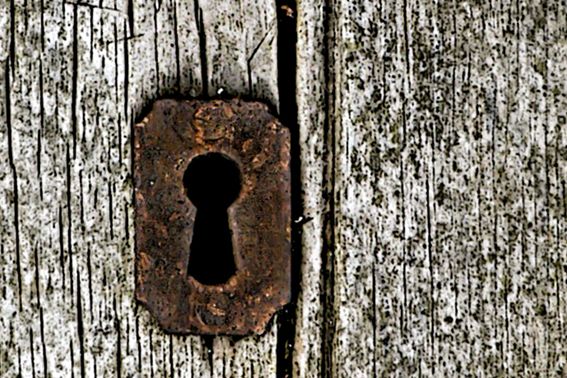ACCESS TO LEGAL AID: THE ELUSIVE CONSTITUTIONAL RIGHT

Equality before the law demands that those who cannot afford to engage a lawyer, for reasons of impoverishment, should be provided legal representation by the state, at its cost. CHRI’s latest report ‘Legal Aid for Prisoners’ evaluates whether prisoners in Rajasthan are provided this basic right.
On 28th January 2016, Commonwealth Human Rights Initiative (CHRI) made a submission to the Parliamentary Standing Committee on Personnel, Public Grievances, Law, and Justice on the implementation of legal aid schemes for prisoners in Rajasthan.
The committee appreciated CHRI’s submission and agreed that the NALSA Guidelines need amendments to ensure that ‘access to legal aid’ is early and effective. In particular, CHRI’s suggestion to amend the guidelines to ensure that a legal aid lawyer is appointed to an inmate within 24 hours of the request rather than 8 weeks, as is the current mandate, found resonance with the committee.
The submission was based on a CHRI report ‘Legal Aid for Prisoners’ evaluating the status of legal aid delivery mechanism for prisoners in Rajasthan; CHRI’s legal aid clinic experience in Jodhpur Central Jail from August 2012 to August 2015; and training of legal aid lawyers and prison paralegals undertaken collaboratively with Rajasthan SLSA and DLSA Jodhpur.
The RTI based study points out the gaps in the legal aid machinery in Rajasthan and looks at the implementation of legal aid schemes in prisons, police stations, courts and at the legal services authority. The study shows that the chasm between the mandate and practice is extremely wide as Rajasthan has only been compliant with 23% of the provisions mandated by the NALSA schemes. The sorry state of the implementation included lack of appointment of lawyers and paralegals, absence of monitoring bodies, non-constitution of legal aid clinics, especially in sub jails and non-maintenance of reports and registers.
CHRI, through the report, has suggested monitoring mechanisms for the SLSA to ensure timely appointment of actors and constitution of institutions. It has made policy suggestions to ensure reach of legal aid at the places which have barriers to access legal aid institutions; and suggested standardised reporting and monitoring structures to provide quality legal representation.
It is only through robust and practical structures, defined mandates, orientation and training, transparent procedures, a culture of accountability and constant monitoring, that this gap can be bridged and the constitutional right to legal aid be realised. CHRI looks forward to working with the committee in order to be a part of the process in bridging this gap.